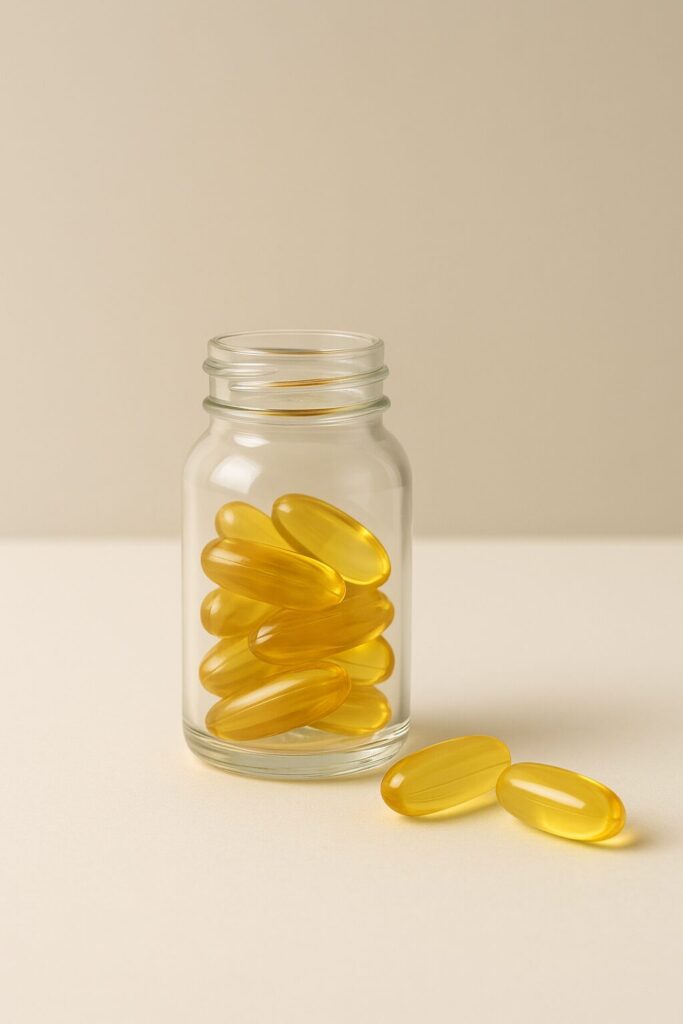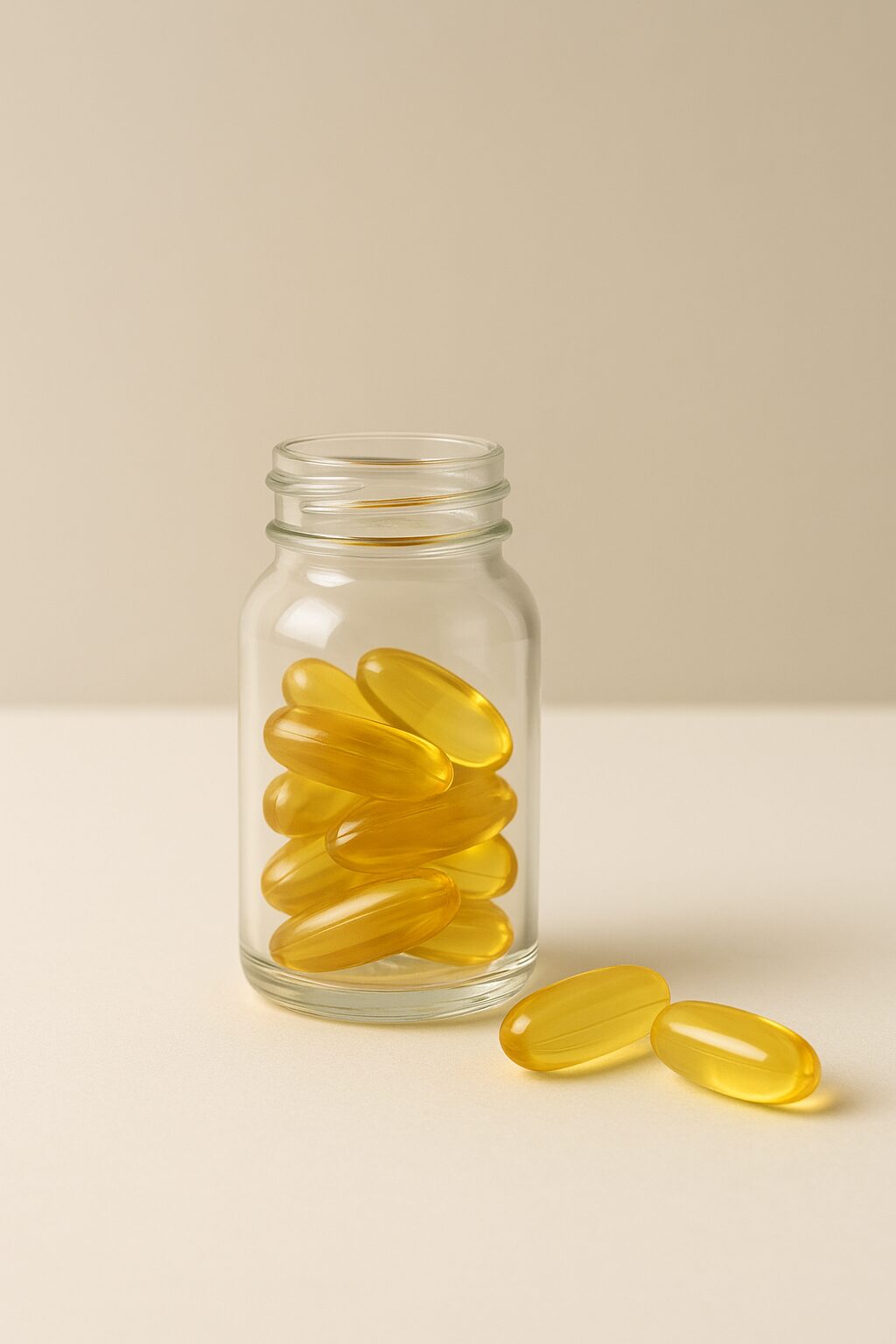Gamma-linolenic acid (GLA) is an omega-6 fatty acid found in evening primrose oil, borage oil, and black currant seed oil. While the body can produce small amounts, production may decrease with age or health conditions, making supplementation useful for some individuals. This article outlines its potential benefits for women’s health, skin condition, and vascular function.

1. Overview of Gamma-Linolenic Acid
GLA is a derivative of essential fatty acids and is known for its anti-inflammatory and cell membrane-supporting properties. It may help maintain balance in the body and contribute to overall wellness.
2. Women’s Health and Hormone Balance
GLA may help ease symptoms of premenstrual syndrome (PMS) such as breast tenderness, bloating, and mood changes. Studies also suggest it may support menopausal women by helping reduce hot flashes and sleep disturbances.
3. Skin Health
GLA may strengthen the skin barrier, improve hydration, and reduce dryness. It has been studied for its potential benefits in conditions such as eczema, acne, and overall skin elasticity. Its anti-inflammatory properties may also support healthier skin.
4. Vascular Health
GLA may help reduce inflammation in blood vessels and improve circulation. It has been linked to lowering blood pressure and supporting cardiovascular wellness. By moderating platelet activity, it may reduce certain vascular risks.
5. Anti-Inflammatory and Immune Support
GLA promotes the production of prostaglandin E1, which may help regulate inflammation and support immune balance. This effect may be beneficial for people with chronic inflammatory conditions.
6. How to Take GLA
Common sources include evening primrose oil, borage oil, and black currant oil supplements. A daily intake of 200–500 mg is generally suggested, though individual needs may vary. People taking blood-thinning medication should consult a healthcare professional before use.
🍀
Gamma-linolenic acid may support women’s health, skin hydration, and vascular wellness. While results may differ by individual, including GLA-rich supplements in a balanced routine may provide meaningful health support.
References and Further Reading
World Health Organization (WHO) – Essential Fatty Acids Report
National Institutes of Health (NIH) – Gamma-Linolenic Acid Overview
PubMed – GLA and Women’s Health Studies
※ This article is for general informational purposes only. Dosage and effects may vary individually, and professional consultation is generally recommended before starting supplementation.
